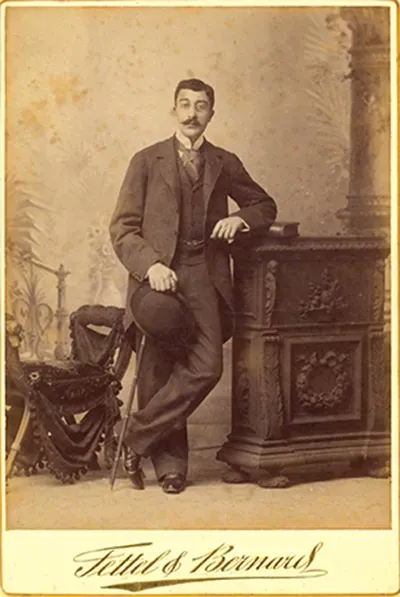You have a poet inside you. It's inborn, and it's universal.
I'm willing to bet that all of you reading this column have poems somewhere in your pile of papers, on your computer, or in a forsaken journal. Have you ever written a song, or a rhyme for your mother on Mother's Day, or an undelivered love poem? Do you listen to song lyrics over and over and over again, because they express something essential that you feel inside? That's your inner poet, responding to the most fundamental, ancient form of human expression.
This column will bring you the voices of some fellow humans – living now or from the recent or far past – who have strong feelings about who they are, how they feel, and who or what they love. (I talk about them in the present tense, because poetry, like love, never dies. It is always in the present, and always with us.)
You may already know some of these poets, or they may be new to you. I hope their experiences and their artful use of language will resonate with you on some essential level. They are your fellow poets.
One of the great poets of the turn of the 20th century is Constantine Cavafy (1863–1933), who wrote in Greek and is only known to us in translation, yet his writing is so powerful that his poems are famous in many languages. Cavafy was a Gay man living in a time and place when homosexuality was outlawed, punishable by imprisonment. He never published his poems in his lifetime, and he is known to have had only two brief sexual relationships in his life. He worked as a civil servant and lived alone, but his true lifework – poetry – has provided many people with a voice of fierce insight, sympathy, and companionship.
Both of the following poems are translated from the Greek by Rae Dalvin from The Complete Poems of Cavafy Translated, and with Notes (Harvest Books, 1961). The first poem, "Their Beginning," written in 1922, shows how a young man that the world considers "deviant" follows his passion and reaps a harvest of inspiration for the rest of his life. The second poem, "The Mirror in the Hall," written in 1930, uses the metaphor of a mirror to capture a sensation we all have had when struck to the heart by a beautiful passer-by.
THEIR BEGINNING
The fulfillment of their deviant, sensual delight
is done. They rose from the mattress,
and they dress hurriedly without speaking.
They leave the house separately, furtively; and as
they walk somewhat uneasily on the street, it seems
as if they suspect that something about them betrays
into what kind of bed they fell a little while back.
But how the life of the artist has gained.
Tomorrow, the next day, years later, the vigorous verses
will be composed that had their beginning here.
THE MIRROR IN THE HALL
The wealthy home had in its entrance
an enormous, extremely old mirror,
that must have been bought at least eighty years ago.
An unusually handsome lad, a tailor's employee
(on Sundays an amateur athlete),
stood holding a parcel. He delivered it
to someone in the house, who carried it inside
to fetch the receipt. The tailor's employee
was left by himself, and he waited.
He approached the mirror and took a look at himself,
and he straightened his tie. Five minutes later
they brought back the receipt. He took it and left.
But the old mirror that had seen and seen,
during the long, long years of its existence,
thousands of objects and faces;
but this time the old mirror was delighted,
and it felt proud that it had received unto itself
for a few moments an image of flawless beauty.
Sharon Cumberland is a professor emerita of English at Seattle University.


